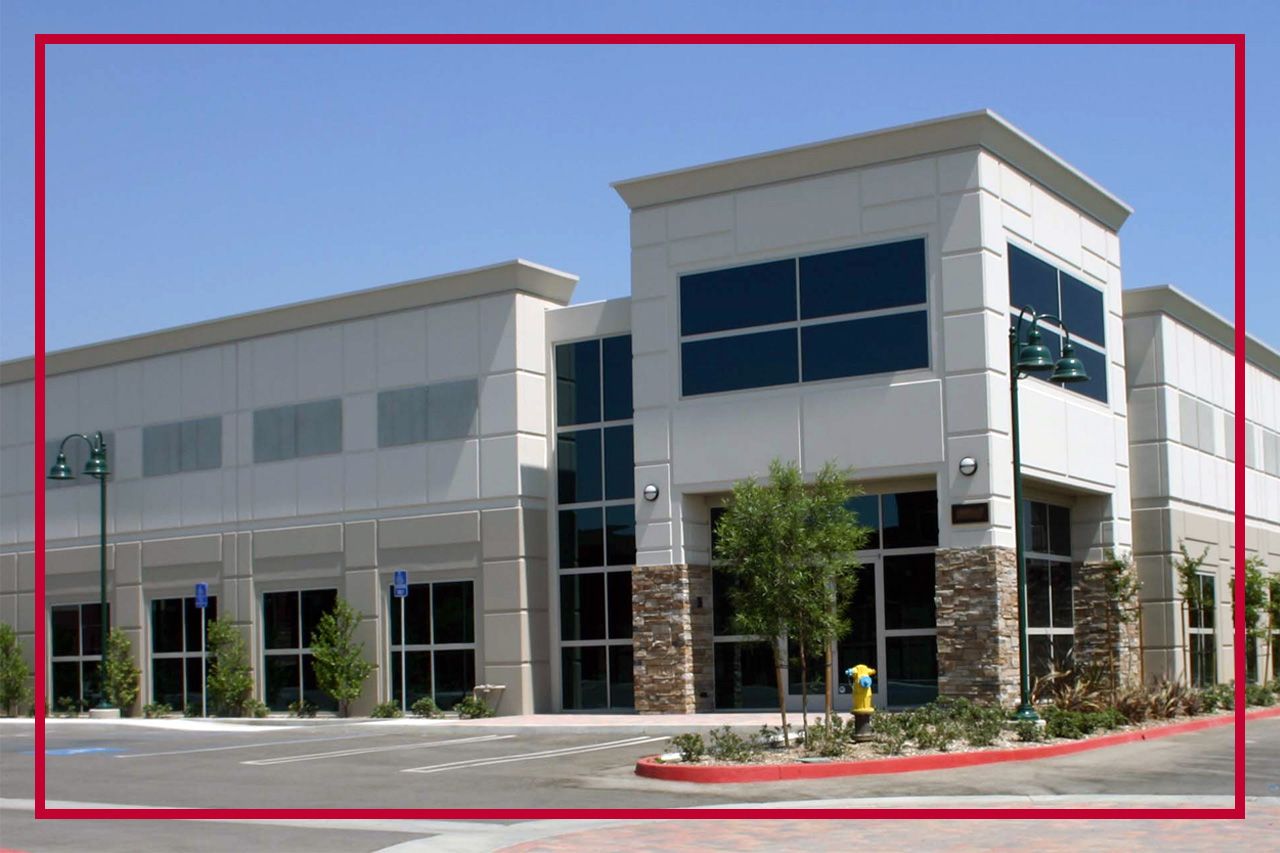Are you a business owner looking to expand your business, renovate your investment properties, or want to purchase commercial real estate? No matter the case, if you are considering a big business purchase, chances are you are researching your loan options. One of those options is a commercial real estate loan, a type of financing used for business purposes.
About Commercial Real Estate Loans
Commercial real estate (CRE) loans are available to buy, renovate, or expand business property and function somewhat like a mortgage loan. If you are brand new to these loans, it is essential to understand how they differ from consumer loans before applying for one. First of all, CRE loans require higher minimum credit scores than most consumer loans because lenders of CRE loans are more risk-averse. CRE loans also require larger down payments, have higher income requirements, and charge higher interest rates. And CRE loans are usually only issued for loan terms of five to ten years, even though loan amortizations are often longer. This means you can be left with a large sum to pay at the end of your CRE loan term or be forced to refinance.
Getting a Commercial Real Estate Loan
Now that you are more familiar with CRE loans and how they differ from consumer loans, it is also a good idea to understand the requirements of a CRE loan and what you will need for your loan application.
- High Credit Score - To qualify for a CRE loan, you generally need to have been in business for at least one or two years and have a business credit score of 660 or better. Most lenders will also require a high personal credit score.
- Debt Service Coverage Ratio of At Least 1.25 - Lenders are risk-averse, especially when approving CRE loans. As a result, lenders require you to verify that you have the necessary income to cover your expenses, including loan payments. Your debt service coverage ratio (DSCR) is a measurement lenders use to ensure your income will cover your payment and will depend on the property you’re borrowing against. To prove you have the necessary income, you will have to provide business and personal tax returns and other documents.
- Low Loan to Value Ratio - Loan to value ratio (LTV) is simply the loan amount compared to the property's value. LTV is calculated by dividing the loan amount by the appraised value of the property you are purchasing. Generally speaking, your LTV must be between 65% and 80% when trying to secure a commercial real estate loan.
- Property Use - To qualify for a commercial real estate loan, you must be planning to use most of the property for business purposes. This means you cannot rent out the entire property. You can lease out part of the property, but more than half of it (51%) must be used for your business.
Types of Commercial Real Estate Loans
It is always good to consider your various options when applying for a commercial real estate loan because the type of financing you choose can impact your down payment and interest rate. Below are a few of your financing options:
- Bank Loan - Bank loans are traditional lender options for business owners who have established relationships with their banks or who can show good credit and cash flow.
- Small Business Administration Loans - Small Business Administration financing can be a very appealing option for business owners because small business loans from the SBA loans tend to have lower interest rates and longer repayment terms.
- SBA 7(a) Loan - Part of the Small Business Administration's loan program, 7(a) loans are designed for business owners who want to purchase or refinance commercial properties valued at up to $5,000,000.
- SBA 504 Loan - Similar to the SBA 7(a), SBA 540 loans provide long-term financing for business purchases such as machinery and real estate.
- Commercial Hard Money Loan - Hard money loans are primarily used for real estate purchases and are lent out by companies or individuals instead of banks. They tend to be a more expensive, short-term way to raise money quickly.
Applying for commercial real estate financing can feel more daunting than consumer financing because it requires more paperwork and diligence. Compared to residential mortgages, commercial real estate loans represent increased risk to commercial lenders. While many factors to consider, commercial real estate loans can provide life-changing business transformations. Doing your homework and staying organized during the application process is vital, so TDECU has Commercial Loan Officers on call and ready to make your business dreams a reality. Contact us today to learn more about the wide range of business loan solutions we have for you!
